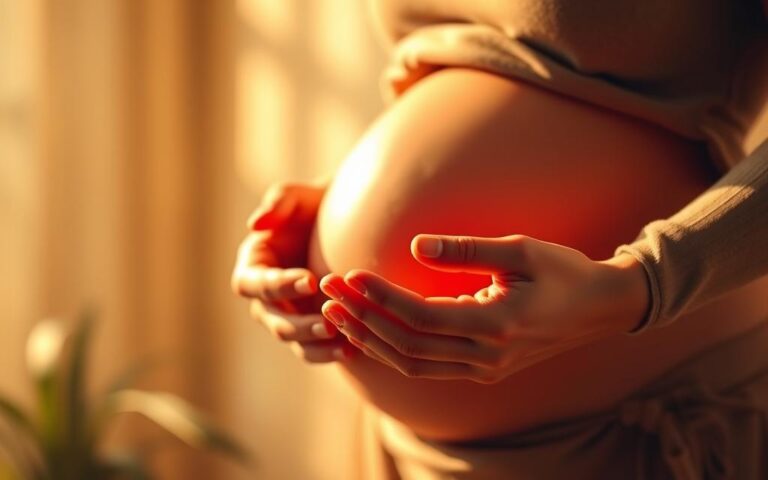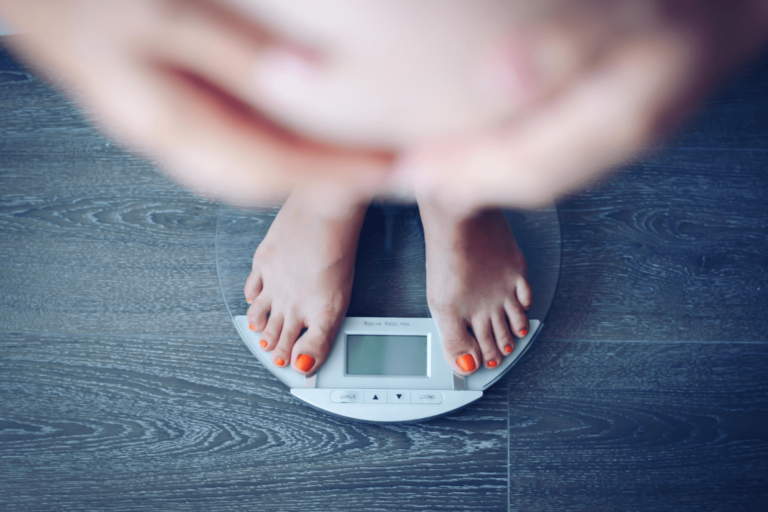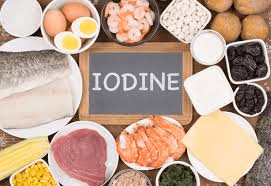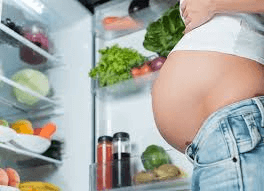Complications & Symptoms of Not Eating Enough During Pregnancy: First Trimester & On

Eating a nutritious and balanced diet is crucial for everyone, especially during pregnancy. As the body undergoes significant changes to support the growth and development of the baby, adequate nutrition becomes vital to ensure a healthy pregnancy and baby.
The Importance of Proper Nutrition During Pregnancy
Not consuming enough food during pregnancy can lead to various health issues, including fatigue, dizziness, headaches, constipation, and an increased risk of preterm birth or low birth weight. Deficiencies in essential nutrients like folic acid and iron can result in congenital disabilities and other health problems for the baby.
Despite its importance, many pregnant women struggle to maintain a healthy diet due to nausea, vomiting, food aversions, heartburn, constipation, indigestion, and the demands of daily life. This guide offers insights and tips for pregnant women facing these challenges, emphasizing the significance of proper nutrition, identifying common symptoms of inadequate eating, and providing strategies to overcome barriers to healthy eating.
Causes of Appetite Loss by Trimester
First Trimester
During the first trimester, hormonal changes can affect taste and smell, leading to a loss of appetite or changes in eating habits. Morning sickness, experienced by over 50% of pregnant women, is a common cause of appetite loss, characterized by nausea and vomiting triggered by certain scents and foods. Other factors include anxiety, constipation, bloating, fatigue, and stress, which can all impact appetite.
Second Trimester
In the second trimester, heartburn and indigestion may cause appetite loss. As the uterus expands, it can pressure the stomach, leading to discomfort and a reduced desire to eat. Emotional stress, anxiety, and significant life changes, such as preparing for a new baby, can also impact appetite. Food aversions and cravings, like those in the first trimester, may persist.
Third Trimester
The third trimester involves significant physical changes as the baby grows, leading to potential difficulties in meeting nutritional needs. Heartburn, indigestion, nausea, and physical discomfort like back and pelvic pain can affect eating habits. Hormonal changes can cause feelings of fullness or bloating, while emotional stress and anxiety about labor and delivery may further impact appetite.
Also read: Tips For What To Eat During The First Trimester If You’re Dealing With Morning Sickness
Symptoms of Not Eating Enough During Pregnancy
- Not gaining enough weight: Poor nutrition or underlying medical conditions can result in insufficient weight gain, impacting the baby’s growth and development.
- Constant hunger: Inadequate caloric intake can lead to persistent hunger, affecting both mother and baby.
- Constipation: A lack of fiber can cause hard, difficult-to-pass stools.
- Nausea and vomiting: Low blood sugar levels from inadequate nutrition can cause nausea and vomiting.
- Headaches: Skipping meals or consuming too few carbohydrates can lead to headaches.
- Low energy levels: Insufficient nutrition can cause low energy and affect daily functioning.
- Poor sleep quality: Stress and low blood sugar levels can lead to restless sleep.
- Mental health problems: Nutritional deficiencies can cause hormonal imbalances, leading to issues like depression, anxiety, and mood swings.
- Lightheadedness: Low blood sugar levels from inadequate nutrition can cause dizziness or fainting.
- Frequent illness: Poor nutrition can weaken the immune system, making one more prone to illness.
- Feeling cold: Nutrient deficiencies can affect body temperature regulation.
- Food aversions: Disliking certain foods can lead to a reduced intake of essential nutrients.
Complications of Not Eating Enough During Pregnancy
- Poor fetal growth: Insufficient nutrition can harm the baby’s health and development, increasing the risk of low birth weight and preterm birth.
- Low birth weight: Babies born to mothers with inadequate nutrition may have low birth weights, leading to potential health problems.
- Preterm birth: Poor nutrition increases the risk of preterm labor, which can be dangerous for the baby.
- Anemia: Inadequate nutrition can lead to anemia, reducing the number of red blood cells needed to transport oxygen.
- Maternal weight loss: Undereating can result in improper weight gain or even weight loss, affecting both mother and baby.
- Miscarriage: Poor prenatal nutrition can increase the risk of miscarriage.
Can Not Eating Enough During Pregnancy Cause a Miscarriage?
While further research is needed to fully understand the relationship between undereating and miscarriage, it is essential to prioritize adequate nutrition. Nutritional deficiencies can affect fetal development and increase the risk of complications. Pregnant women should focus on a nutrient-dense diet, take prenatal vitamins, and consult healthcare providers for guidance.
How a Prenatal Nutritionist Can Help
A prenatal nutritionist specializes in nutrition during pregnancy and can assist women experiencing appetite loss or struggling to eat enough:
- Nutritional guidance: They provide advice and education on dietary needs.
- Meal planning: They help plan meals and snacks to meet nutritional needs.
- Addressing food aversions: They identify tolerable foods and incorporate them into the diet.
- Supplementation: They recommend necessary supplements like folic acid or iron.
- Monitoring weight gain: They track weight gain and provide dietary adjustments if needed.
- Managing eating disorders: They offer professional support for managing eating disorders during pregnancy.
Tips for Eating Enough During Pregnancy with Appetite Loss
- Eat frequent, smaller meals: This ensures consistent caloric and nutrient intake.
- Stay hydrated: Drink enough water to prevent dehydration and nausea.
- Experiment with food temperatures: Find the most palatable temperature for food.
- Take prenatal vitamins: Ensure you receive essential nutrients even if food intake is low.
- Eat fiber-rich foods: Choose whole grains, fruits, and vegetables to prevent constipation.
- Stand while eating: Some women find it easier to eat while standing.
Recommended Caloric Intake During Pregnancy
- First trimester: Extra calories are typically not required; focus on a balanced diet.
- Second trimester: An additional 340 calories per day is recommended as the baby grows.
- Third trimester: An extra 450 calories per day is needed for peak growth and development.
Prioritizing a nutrient-dense diet and adequate caloric intake is crucial for a healthy pregnancy. For more information and personalized guidance, visit babyix.com.
Also read: Top Foods To Eat In The First Trimester Of Pregnancy






